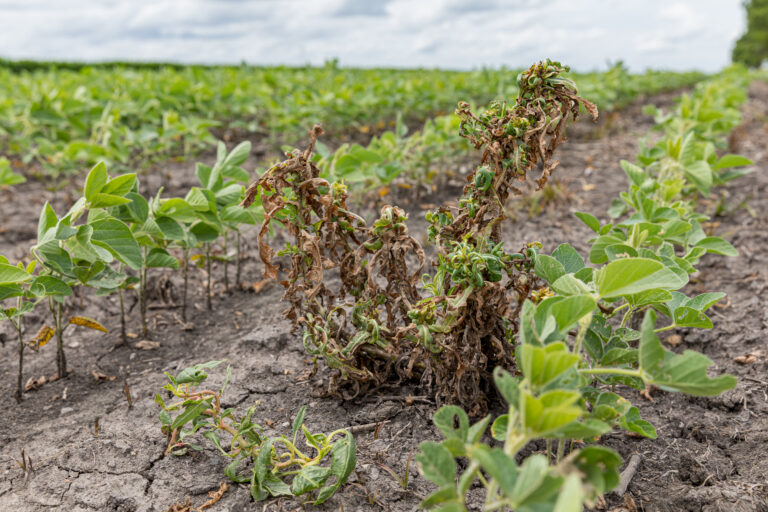
Dicamba Drift Turned Neighbors Into Enemies. EPA Just Brought It Back.
Farmers have been boxed into a system in which one neighbor’s weed control can become another neighbor’s loss.

Farmers have been boxed into a system in which one neighbor’s weed control can become another neighbor’s loss.
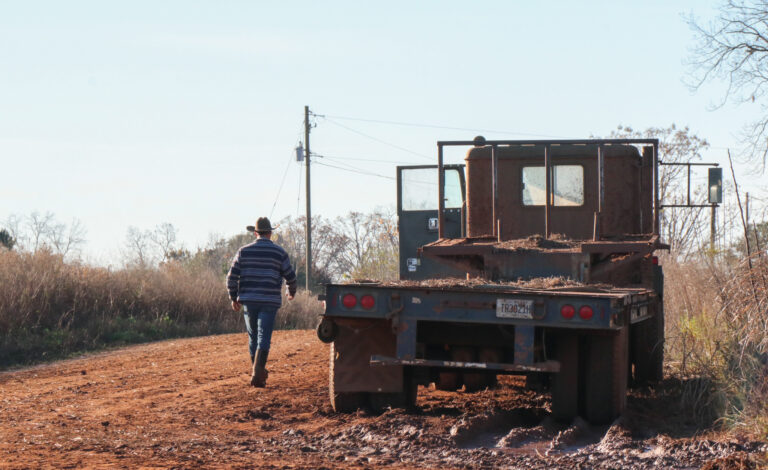
Congress is about to start working on the 2026 Farm Bill, and the policy decisions at play will have high stakes for farmers and our food system.
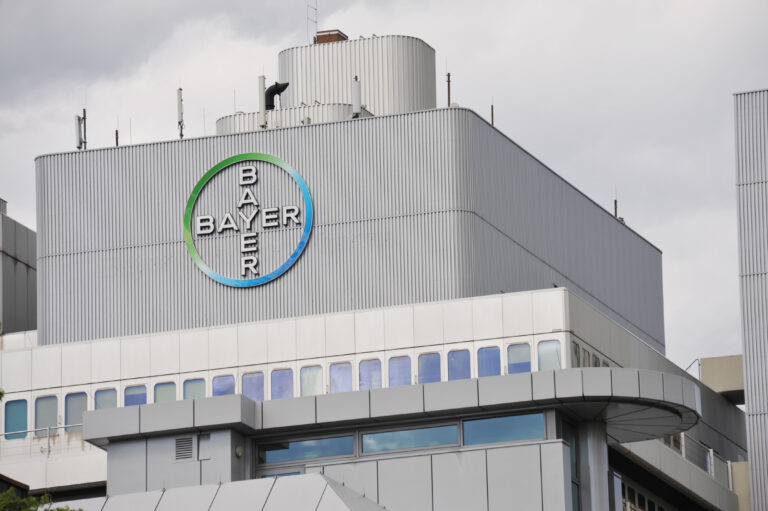
As the Supreme Court weighs Bayer-Monsanto’s challenge to Roundup lawsuits, farmers’ ability to hold powerful corporations accountable hangs in the balance.
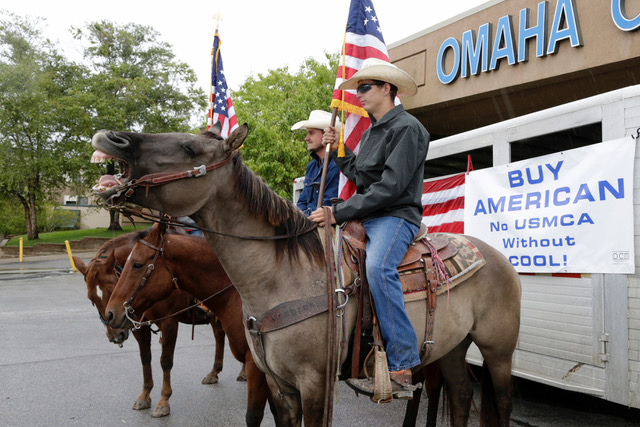
A new USDA rule closes a policy loophole that allowed imported meat to receive the “Product of USA” label.
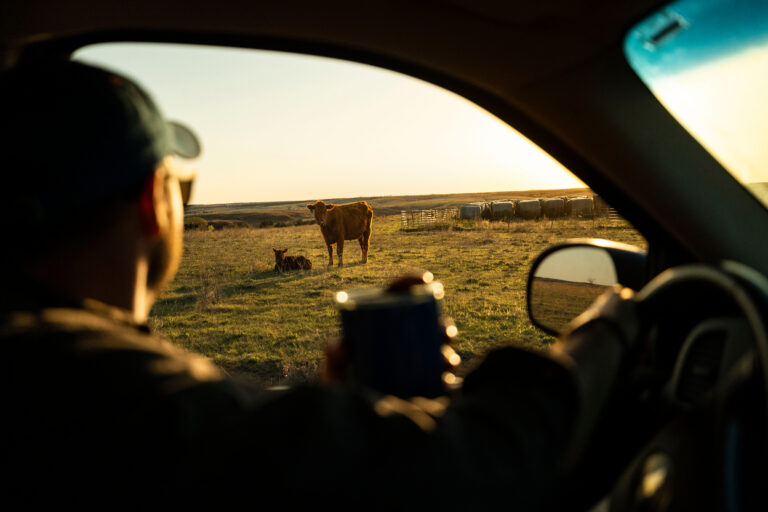
The Department of Justice’s investigation is a welcome first step. But if policymakers are serious about standing up to abusive corporate power, they must go beyond an inquiry.
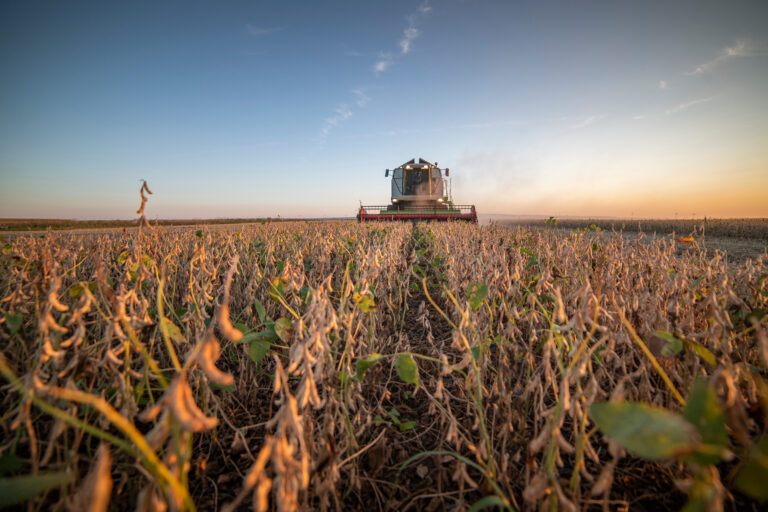
Beneath the headlines about trade wars and bailouts lies a deeper truth: America’s agricultural system is structurally flawed.
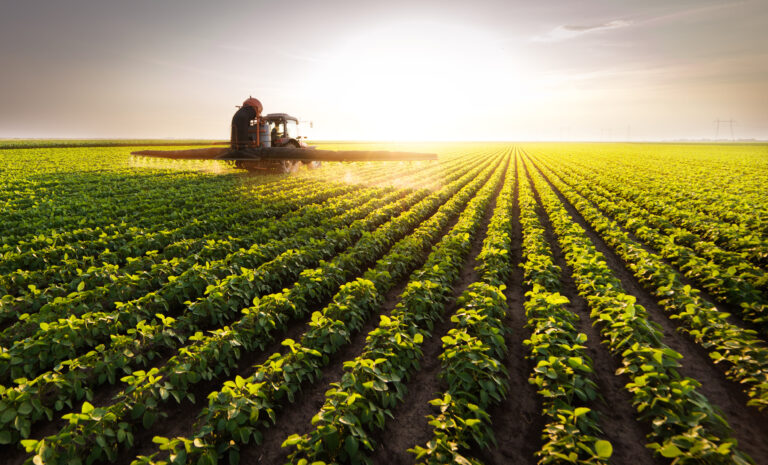
The MAHA Commission’s May report exposed corporate capture in ag policy—but the leaked strategy draft dodges solutions. One big reason: government checkoffs.
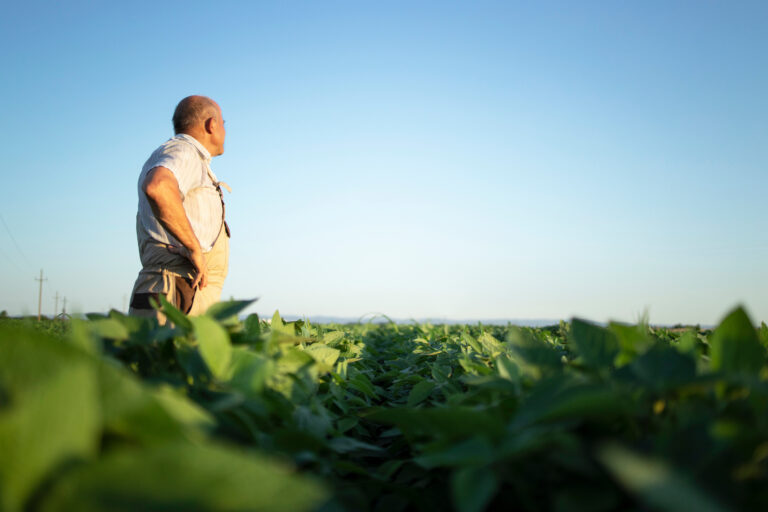
Corporations have transformed the farmer safety net into something entirely different: a hamster wheel that keeps farmers stuck, no matter how hard they run.
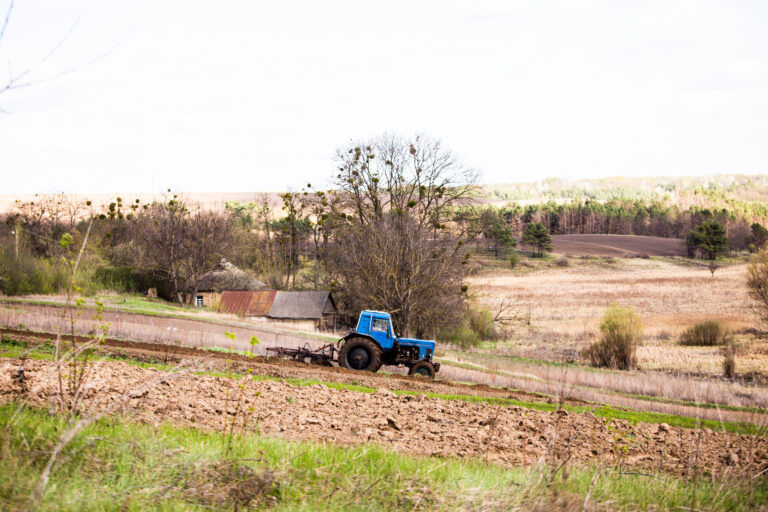
Will the administration keep its word, or let powerful interests maintain the same rigged system that has failed the American people for decades?

We break down key takeaways from the Heritage Foundation’s “The Future of Farming” event, where panelists discussed scaling regenerative agriculture in the U.S.